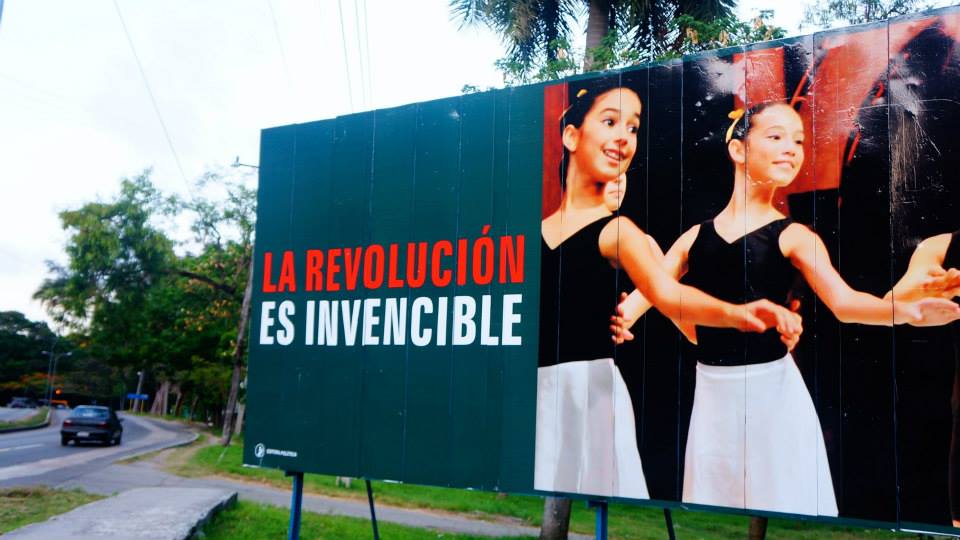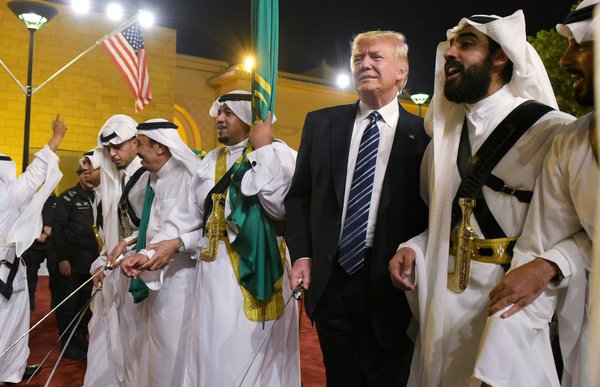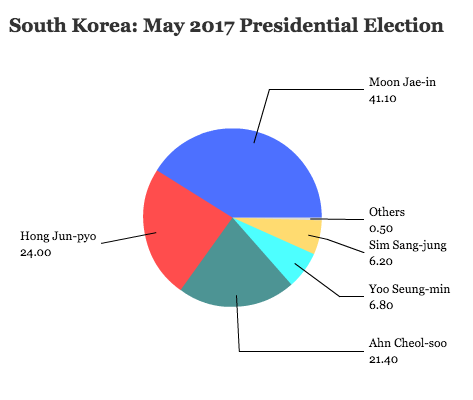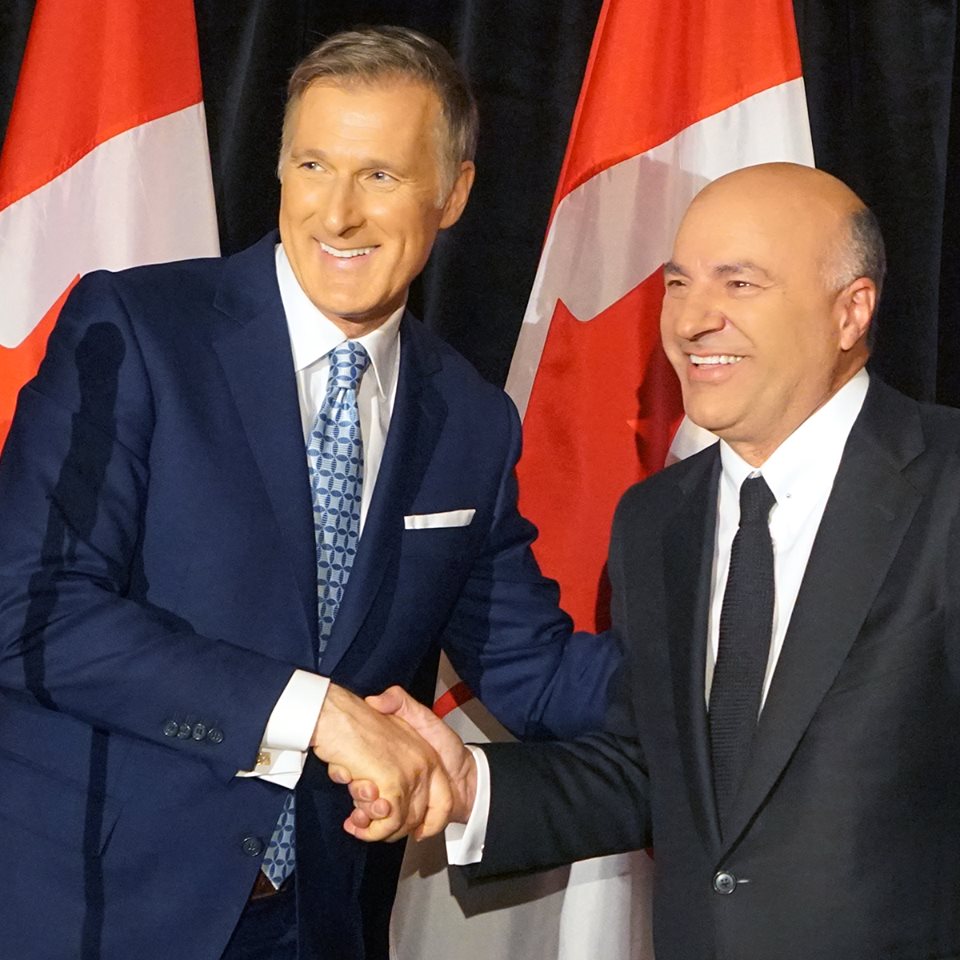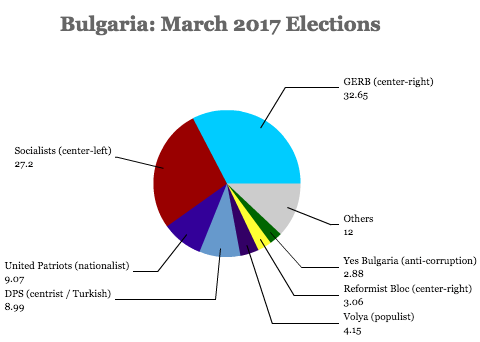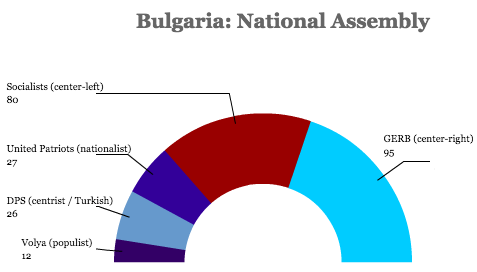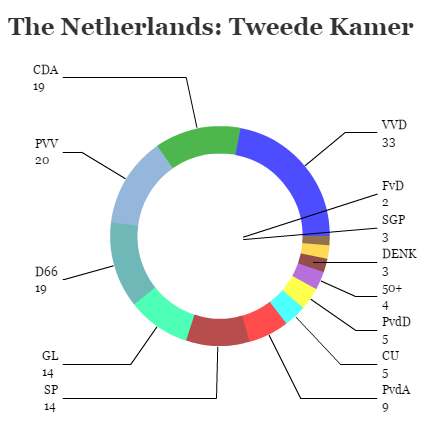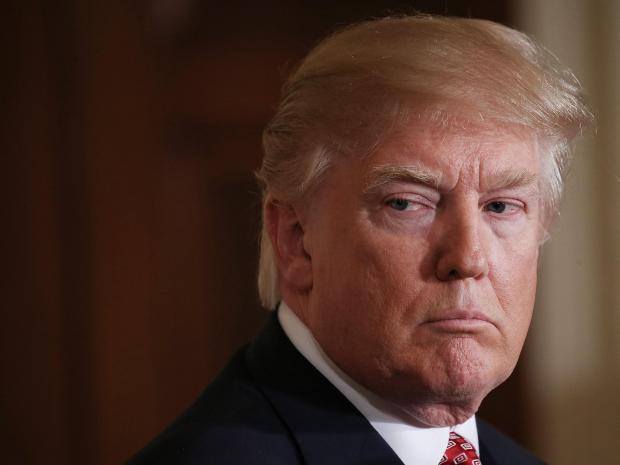
Nine months into the Trump administration. ![]()
Where are we? How do we begin to piece together the disparate elements? How do you balance the (still quite real) causes of concern for the rule of law, liberal democracy and constitutionalism with the fact that policymaking and other matters still proceed apace?
Here’s my view. There’s some rhyme amid the chaos.
TONE AND PROCEDURE
- I underestimated how much Trump would be able to govern as he campaigned (each day, a new outrage to suck up the oxygen) and how much stunts like ‘you can say Merry Christmas again’ and fights with the NFL would ‘work.’ Throwing spitwads at the establishment GOP, Dems, media, political correctness, status quo — this is the substance for many Trump voters.
- Both Carter and Clinton got off to a slow start. They never really recovered legislative momentum (contrast the success of Reagan, Bush II and Obama in their first two/three years, and even, to a degree, Bush I).
- Trump’s unfamiliarity and, indeed, ignorance with government makes his a weaker executive than we’ve had in decades. Both sides will find something good in this.
- Partly, too, this is a result of all the executive vacancies. Trump is trapped — he doesn’t have any expert loyalists, and he doesn’t trust establishment GOP. So far, like Belgium’s 1,000 days without a government, this hasn’t been so bad.
- Trump’s willingness to flout democratic norms means that Congress, the courts and states are all asserting themselves, which validates that American institutions work. Baby steps, you say. But I’m impressed by the resilience.
- I am glad we’ve only had one Charlottesville. This could have been worse; it’s bad enough already, and of course the Confederate statues should come down.
- Mnuchin’s decision to cancel Harriet Tubman on the $20 bill makes me sad, but I wonder if physical cash will even matter in five years.
- What happens first: Twitter time-out for Trump or 280 characters?
- I don’t worry about Trump as much as I worry what might follow in an America where transition to minority-majority population is the most salient political fact for the rest of our lifetimes.
- Recall that ratings for the Apprentice went down each season. Trump fatigue will set in eventually, and we may already be there. (No one took his NBC license threat seriously, for example).
- John Kelly is great behind the scenes (he’s not a politician, though, and it shows when he steps into Trump’s culture-war swamp), but I wonder if Joe Hagin is the unsung hero as deputy chief of staff.
2016 MATTERS
- Firing Comey as FBI director was close enough to obstruction of justice for Trump to sweat Mueller, but Trump should have fired Comey on Day One anyway.
- Mueller doesn’t leak, and he’s staffed up, so be prepared for anything, anytime. (Boom!)
- Bannon, Flynn, Price, Gorka, McFarland, Scaramucci are all crooks or charlatans, and Trump supporters should be happy they’re gone.
- Trump would love a rematch with Clinton in 2020 (think of the ratings!), and she must want it, too. Their interests are aligned, for now.
ECONOMIC POLICY
- Markets are happy because of the fundamentals (which was true for Obama’s second term as the American economy gained steam), but I wonder if they’re no longer pricing in ‘tax reform.’ Something may pass, it won’t look like the Mnuchin/Cohn plan. Probably no changes to SALT or the personal exemption.
- I am glad to see Republicans admit that they mostly don’t care about deficits, but it was virtually malpractice for a Republican tax plan to soak the middle class while cutting taxes for the super-wealthy. Trump will find a way to blame Ryan and McConnell, again.
- I am prepared to be very happy with Trump’s nomination for Fed chair; Yellen or otherwise, Trump will not want someone to hike rates aggressively, and inflation is still running far too low. Higher inflation is the best thing Trump can do for the markets, for jobs, for GDP growth. (The downside is a Trump crony who ushers in the first period of stagflation since the 1970s).
OTHER DOMESTIC POLICY
- Health care ‘policy,’ if you can even call it policy, seems uniquely driven by pique. (Trump will own this in 2018 and 2020, like it or not). This will only empower the Alexander-Murray process or, failing that, long-term steps toward single payer.
- Given the median age of the Trump voter, ‘Medicare for everyone over 55’ seems like a no-brainer. Watch for this on the reelection campaign trail.
- Puerto Rico’s still a mess post-Maria; it’s not going away, and many of its (angry) residents will be voting in swing states in 2020. If Obama gets a D-minus, Trump gets an F.
- Where the hell is that trillion-dollar infrastructure bill? Such low-hanging fruit, it should have been the first priority. But it’s been low-hanging fruit since 2009, I suppose.
- No action on the opioid epidemic, yet. This is cruel and so very weak. Again, if Obama got a D-minus, Trump gets an F. Chris Christie should be the drug czar, by the way.
- Scott Pruitt is taking very aggressive action below the radar, but I’m not conceited enough to think that four (or even eight) years of Trump regulatory action can make or break a planet.
IMMIGRATION
- The ‘wall’ will never actually be built (beyond some hortatory effort that even Democrats could support) because there’s already a border fence and because we all know how the Great Wall of China ended. Tighter checks for air travel (including, potentially, exit checks in the United States, as ghastly as that sounds) seems like the ‘e-wall’ solution.
- Schumer, Pelosi and sane Republicans will find a way to pass the DREAM Act, and Trump will (correctly) take credit that he did something that Obama could not.
- Trump will turn to the ‘English as an official language’ chestnut by the midterms, and I wonder why he hasn’t played this card yet.
FOREIGN POLICY
- I’ll take Pence/Mattis/McMaster/Haley, even when I think they are wrong, any day of the week over Cheney/Rumsfeld/Rice/ Bolton.
- Trump’s NATO stance was more similar to Obama’s than anyone believed (just less polite and refined), but he’s had about as little success in forcing Europe to pay more for defense — so far. EU still mired in its own crises (Brexit, far-right, migration, eastern illiberalism, Catalonia). Italy’s election the next domino to fall.
- Trump’s done some good standing up to Maduro in Venezuela (sanctions, etc.), but it’s been erased by threatening military action, which is a gift to Maduro to rally against the ‘imperialist Yankee threat.’ Chávez never would have let Venezuela sink this badly.
- When it’s all said and done, the transgender military ‘ban’ will be a moratorium on only those who are in the middle of transitioning, not those who are already serving.
- Tillerson may be right that Trump’s a ‘moron’ (he has no experience in foreign affairs!), but he’s an incredibly weak Secretary of State. Diplomacy matters, even when it’s backed up with a big stick. I think Trump thought he was getting another Lee Raymond (Rex’s Trumpier predecessor as Exxon-Mobil CEO).
- We still don’t know what’s going on in Chad/Niger, but the travel ban seems to be the administration’s most continuous and reliable self-imposed error. Really dumb, right from the first week.
- I still don’t understand why Trump hasn’t just outright de-certified Iran, but the Iran deal still makes sense on the merits, so I’m glad he hasn’t.
- North Korea is posturing mostly to signal to China, not the US (same way Saddam was posturing mostly in respect of Iran). Don’t expect WWIII to start here. But if it does, don’t expect Trump to give a damn about lives in Seoul.
- I don’t expect nuclear war, but a nuclear-armed Japan seems like a win-win for Trump and Shinzo Abe — and a big loss for China. Place your trust in Kenneth Waltz.
- Trump’s admiration for Putin was disgusting, but I worry the 2016 collusion flap will force him to take a harder line than is optimal vis-a-vis Russia. That worries me more than Korea.
- Trump is very pro-Israel, but Mahmoud Abbas has played a weak hand extremely well over the last nine months.
- The Kurdish regional government has played a much stronger hand horribly.
- I am genuinely baffled by what’s going on in Havana these days.
- Yemen is already a mess (no thanks to either Obama or Trump), and it’s almost a perfect magnet for dragging Americans into a deep morass.
- I expect NAFTA ‘renegotiations’ to lift heavily from the discarded TPP deal, which Trump’s successor will extend to South America and Asia, and we’ll have TPP through the back door by the mid-2020s. (Good!)
…AND THE POLITICS
- I don’t know if Dems will take back the House in 2018, but the real action will be in the GOP primaries. Trump ‘wing’ and establishment ‘wing’ are basically now two separate parties. (And before you Dems laugh, liberals and leftist/socialists are basically just as split now, too — a chasm that Obama’s charisma helped disguise).
- Trump is smarter than you probably think. Pence is even smarter.
- Doug Jones has at least a 50-50 shot of winning the Alabama Senate seat in December. It’s a Scott Brown kind of opportunity.
- If Dems somehow take back the Senate in 2018 (watch Beto O’Rourke in Texas against Ted Cruz), they will sit on any Trump Supreme Court nominations, and they will be right to do so. (‘Let the voters decide!’)
- The best outcome of a Trump administration? Non-partisan rule by retired generals and an increasing number of technocrats, as much as possible, forcing both parties to re-assess their demons, their shibboleths, their viability. But as we’ve seen this week, rule-by-generals comes with its own myriad problems.
